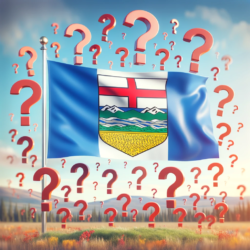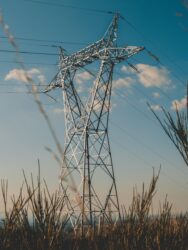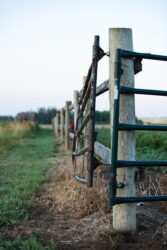In Alberta, the Master Student Financial Assistance Agreement (MSFAA) number is a unique identifier for students approved for full-time funding through federal and provincial student loans and grants. This agreement
Category: Alberta Culture & Recreation

What Is Recyclable in Alberta?What Is Recyclable in Alberta?
Alberta’s commitment to environmental sustainability is evident through its robust recycling programs, which accommodate a wide range of materials. These initiatives are designed to reduce waste and promote the reuse

Are There Fleas In Alberta?Are There Fleas In Alberta?
Yes, Alberta is home to fleas despite its harsh winters. These resilient pests can survive extreme temperatures and go for long periods without food. Their presence underscores the need for

What Is Required to Register a Vehicle in Alberta?What Is Required to Register a Vehicle in Alberta?
Registering a vehicle in Alberta is a straightforward process, ensuring that vehicles on public roadways have valid insurance and a Vehicle Registration Certificate. This process is essential for both motor

What is The Regulated Rate Option (RRO) in Alberta?What is The Regulated Rate Option (RRO) in Alberta?
The Regulated Rate Option (RRO) in Alberta is a default electricity pricing plan available to residential, farm, irrigation, and small commercial customers who consume less than 250,000 kilowatt hours per

What Is Science 30 in Alberta?What Is Science 30 in Alberta?
Science 30 in Alberta is the culmination of the high school science curriculum, offering students a comprehensive exploration of scientific concepts across various disciplines. This course is designed to sharpen

What is the Fastest Growing Tree in Alberta?What is the Fastest Growing Tree in Alberta?
In Alberta, the quest for rapid landscape enhancement often leads to the selection of fast-growing trees. Among the myriad of options, certain species stand out for their quick growth rates,

What is the Highest Point in Alberta?What is the Highest Point in Alberta?
Alberta, known for its stunning landscapes and rugged terrains, is home to the highest point in the province, Mount Columbia. This peak not only dominates Alberta’s skyline but also holds

What is the Hottest Month in Alberta?What is the Hottest Month in Alberta?
Alberta’s Seasonal Warmth Peaks in July In the diverse and expansive province of Alberta, Canada, July emerges as the hottest month, a time when the landscape is fully alive with

What is the Largest Ranch in Alberta?What is the Largest Ranch in Alberta?
The McIntyre Ranch: A Beacon of Conservation and Heritage The McIntyre Ranch, sprawling across the southern Alberta landscape near Lethbridge, is often celebrated as one of the largest ranches in

